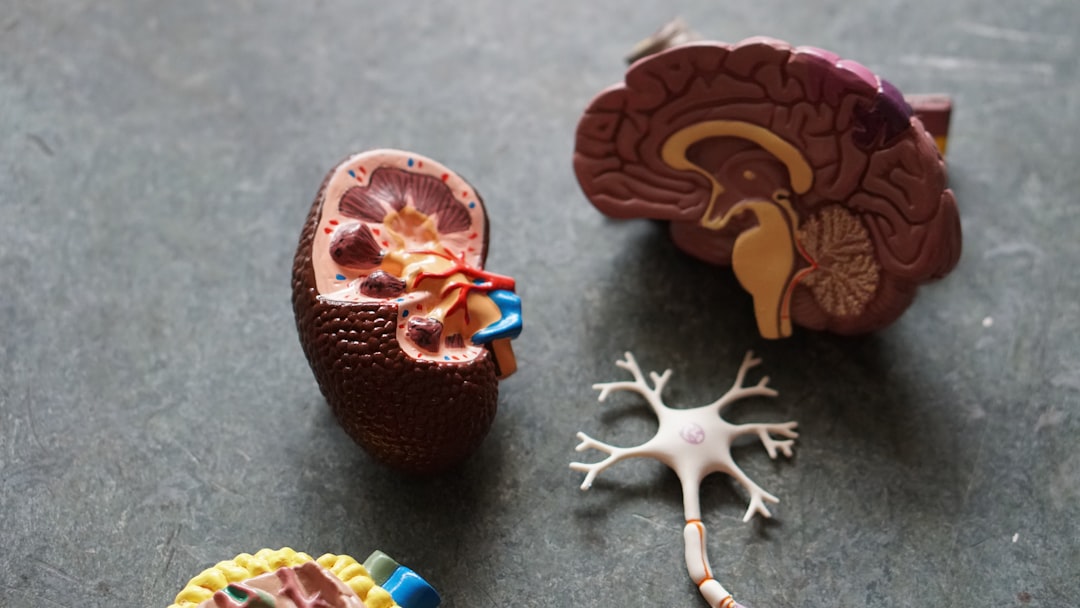What is it about?
In this research, we explored the lived experience of ten people with Alzheimer's disease (AD) to better understand the emotions they felt shortly after diagnosis and the resulting consequences. We found that 1) participants felt either shock, denial or incomprehension, especially when confronted with the announcement of their illness, and that 2) oscillating between the past and the present helped people with AD to give new meaning to their lives and enabled them to live well.
Featured Image

Photo by CDC on Unsplash
Why is it important?
We found that when people with Alzheimer's disease were allowed to express their emotional experience and concerns, they were able to restore meaning and control to their lives. This seemed to reduce their distress and improve their quality of life. With this new knowledge, we are convinced that an intervention could be tailored to the specific needs of people with AD to improve their self-determination and quality of life.
Perspectives
In our opinion, giving a voice back to people with AD provides a better understanding of their lived experience. This could help policymakers, healthcare providers, caregivers and family members to improve the quality of interventions offered to help them live well despite their disease.
Simone Gamm
Universite de Montreal
Read the Original
This page is a summary of: Getting Insight to the Lived Emotional Experience of People with Alzheimer’s Disease Shortly After Diagnosis: A Phenomenological Approach, Journal of Alzheimer s Disease, May 2024, IOS Press,
DOI: 10.3233/jad-231403.
You can read the full text:
Contributors
The following have contributed to this page










